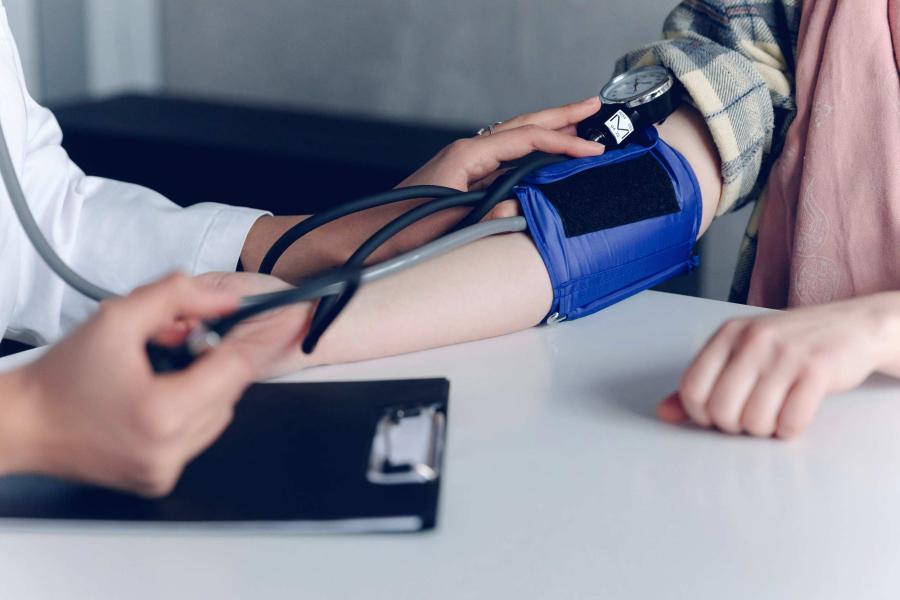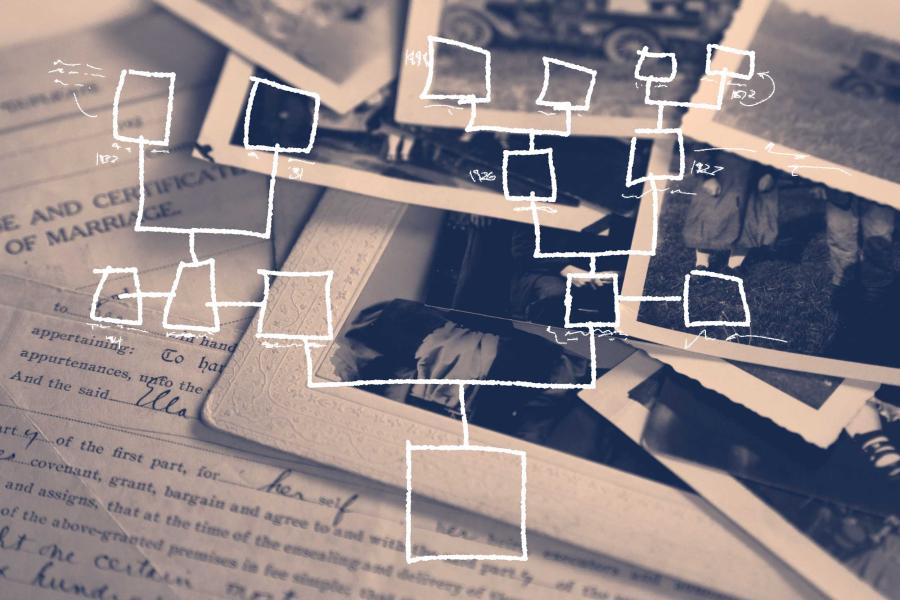Improving your diet and eating habits can boost your health, but a University of Virginia expert says changes should be based on personal preferences and not on rigid rules.
Sibylle Kranz, UVA associate professor in the School of Education and Human Development, said paying attention to how you eat and what you’re eating can help change ingrained habits.
“There are so many messages about how you should eat, the best diet to have and other advice, but there is no perfect diet for everyone,” Kranz said. “I would pick one aspect and then focus on that. Increase your awareness of your eating style, what food makes you happy, or if you eat just because you have to. Then go from there.

Sibylle Kranz, associate professor in the School of Education and Human Development, believes that paying attention to how you eat and what you’re eating can help change ingrained habits. (Contributed photo)
“I don’t think it’s a bad thing to be more aware of your eating habits, because usually that’s the first step toward better diet quality and better intake regulation,” she said. “Think to yourself, ‘Do I like this food? Am I really hungry? Do I eat something now because my body is hungry, or am I bored?’”
Sometimes, it’s not what you eat, but how quickly you eat it that makes a difference. Nutrition experts say taking at least 20 minutes to eat a meal can aid digestion and reduce the risk of overeating and obesity. Studies have shown that fast eaters are more prone to indigestion and weight gain.
Kranz said the idea of taking 20 minutes or more for a meal is a good one.
“If you eat fast, the absorption of nutrients, macronutrients and micronutrients, is compromised,” she said. “Depending on what you’re eating, you could get into gastrointestinal distress, stomach pains and whatnot, because you have so much food in your small intestine, and then later in your colon, that has not been properly processed, and your body can’t deal with it.”
Those who eat while watching television or scrolling on their phones are likely to eat more without realizing it, and eating too quickly can override the brain’s signals that indicate fullness.
“If you eat very fast and eat very calorically dense foods, you might wolf down 2,000 to 3,000 calories without it registering at all that you even ate,” she said. “People attracted to eating when the mind is distracted tend to eat more because they’re not paying attention. That’s when people say at the end of the day, ‘The container is empty. Who ate all the food? It couldn’t possibly be me,’ but there’s nobody else in the room.”










